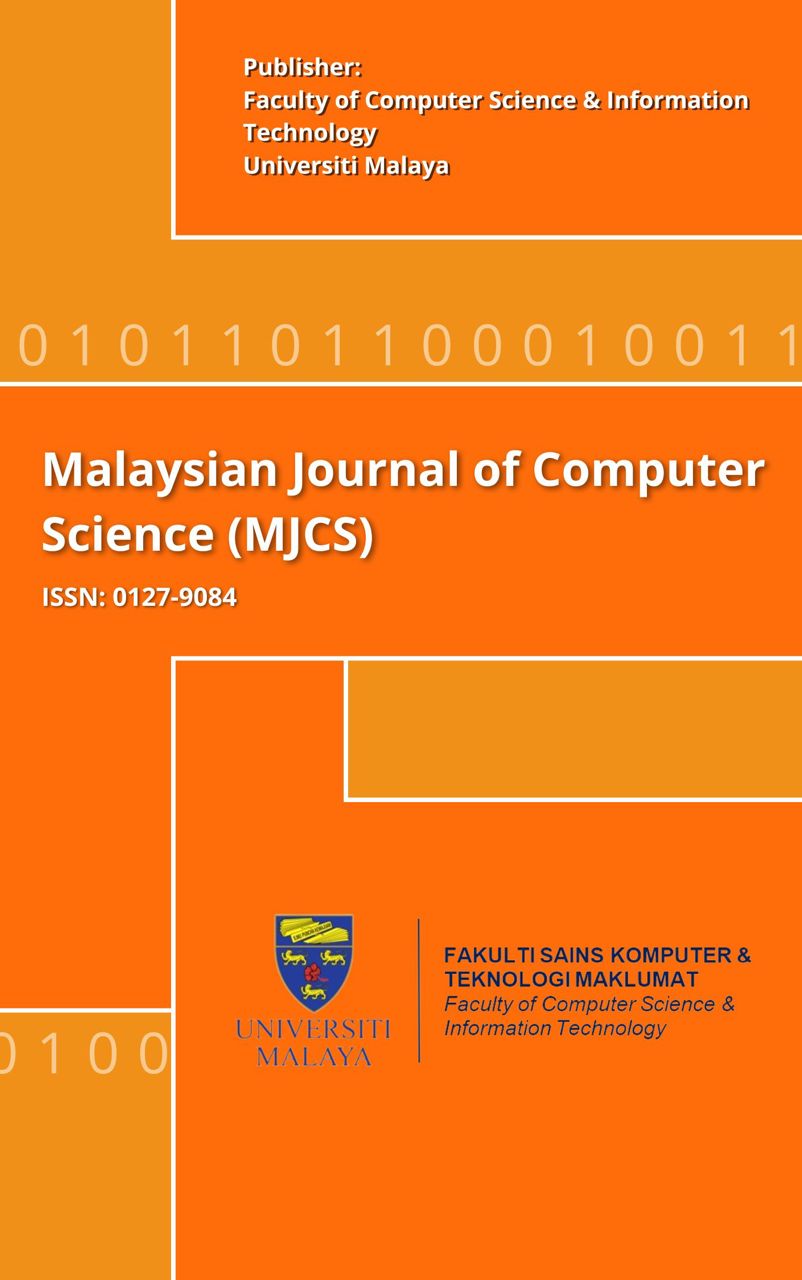A Flowchart-based Multi-Agent System for Assisting Novice Programmers with Problem Solving Activities
Keywords:
Flowchart, Novice programmers, Text-to-flowchart Conversion, Problem solving, VisualizationAbstract
In the early stages of learning computer programming, Computer Science (CS) minors share a misconception of what programming is. In order to address this problem, FMAS, a flowchart-based multi-agent system is developed to familiarize students who have no prior knowledge of programming, with the initial stages in learning programming. The aim is to improve students’ problem solving skills and to introduce them to the basic programming algorithms prior to surface structure, using an automatic text-to-flowchart conversion approach. Therefore, students can focus less on language and syntax and more on designing solutions through flowchart development. The way text-to-flowchart conversion as a visualization-based approach is employed in FMAS to engage students in flowchart development for subsequent programming stages is discussed in this paper. Finally, an experimental study is devised to assess the success of FMAS, and positive feedback is achieved. Therefore, using FMAS in practice is supported, as the results indicate considerable gains for the experimental group over the control group. The results also show that an automatic text-to-flowchart conversion approach applied in FMAS successfully motivated nearly all participants in problem solving activities. Consequently, the results suggest additional, future development of our proposed approach in the form of an Intelligent Tutoring System (ITS) to make the early stages of learning programming more encouraging for students.






